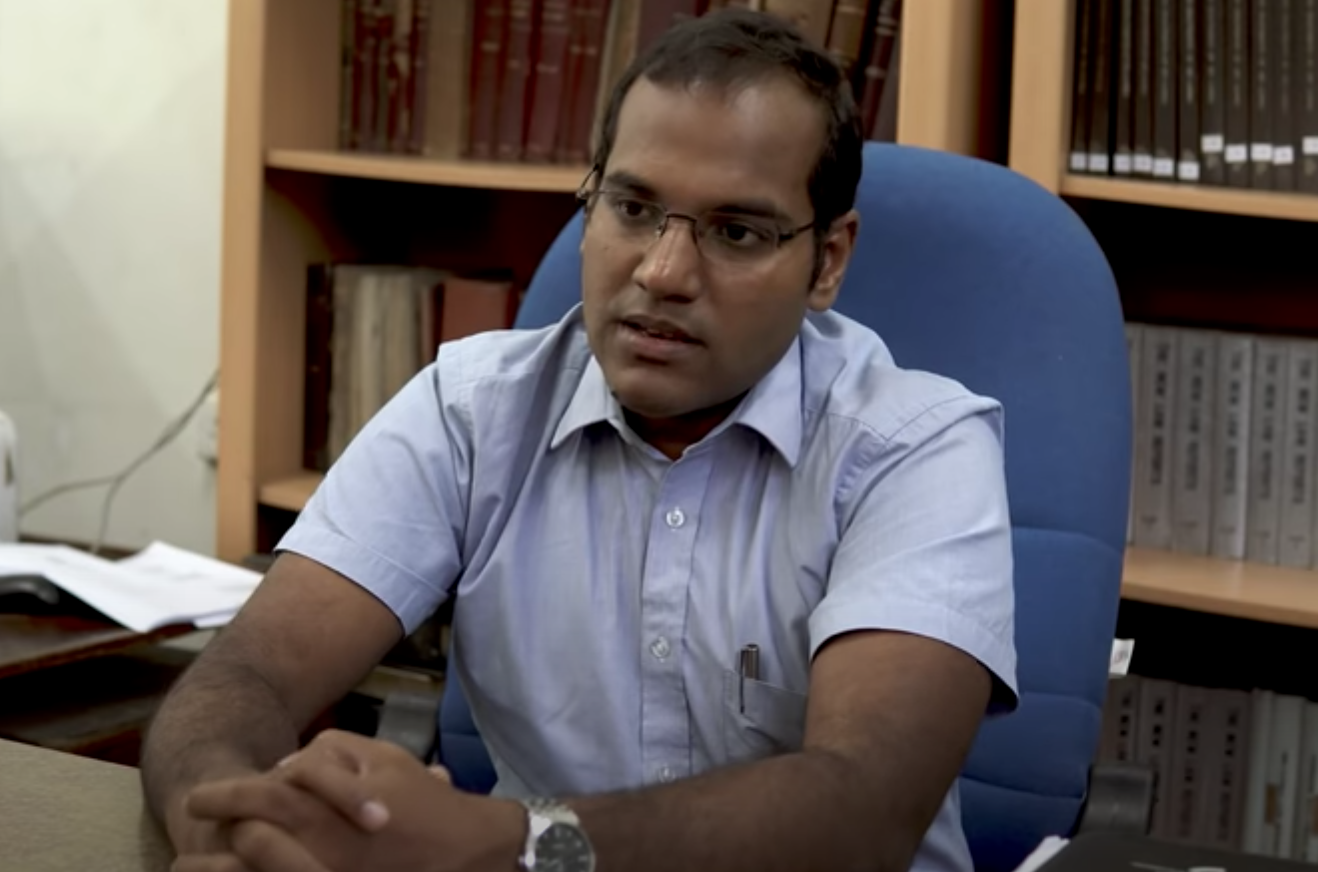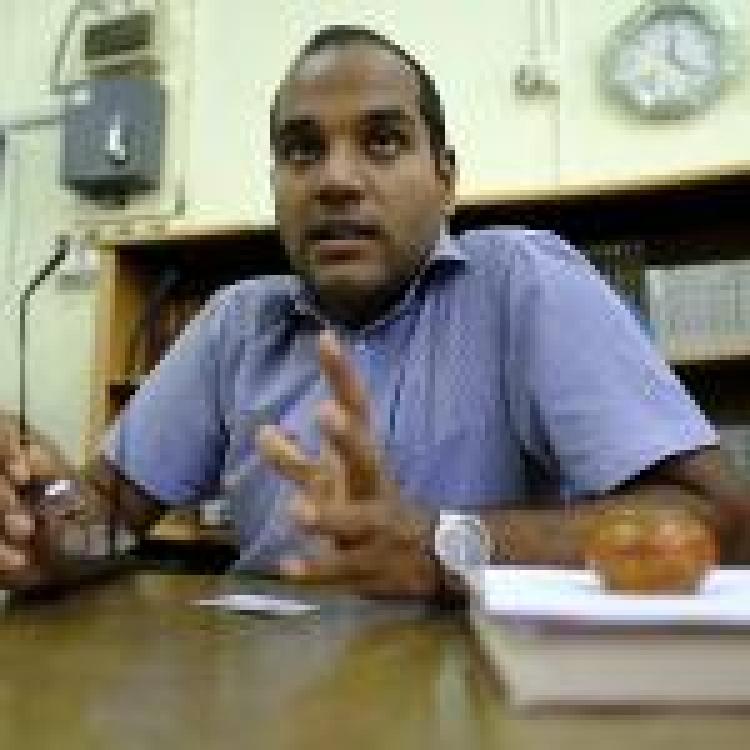
Last week Jaffna-based lawyer and widely respected academic Dr Kumaravadivel Guruparan handed in his notice of resignation from his post as Senior Lecturer of the Department of Law at the University of Jaffna. As he wrote in a powerful open letter, it was a move made “with utmost pain and sadness”. He has been, and continues to be, subjected to a long-standing process of state-led harassment, which is aimed squarely at silencing voices of dissent. Not only is this a massive loss to academia on the island, but it is a stark and dangerous marker of the road that Sri Lanka is hurtling down.
As Guruparan made painfully clear, this was a move he was compelled to make. His letter comes after a ban was imposed on him by the Council of the University of Jaffna to engage in private legal practice, following pressure from the Sri Lankan military after he took up a public interest habeas corpus case into the 1996 disappearance of more than two dozen Tamil youth. In August last year, Sinhala speaking men dressed in civil uniform photographed the Tamil lawyers in the courtroom, in a brazen act of intimidation. One of the men was then seen getting into a car belonging to the Deputy Solicitor General representing the Sri Lankan army. Shortly after, the Terrorism Investigation Division visited the Jaffna office of the Adayaalam Centre for Policy Research (ACPR), a human rights think tank Guruparan co-founded and was executive director of at the time. Just weeks later, the military sent a letter to the University Grants Commission (UGC) questioning whether Guruparan had permission to engage in private practice. Acting swiftly, the UGC that very same day forwarded the letter to Jaffna University and shortly thereafter, the UGC passed a memo barring Guruparan from private practice.
Though he has courageously attempted to challenge the ban, the drawn-out legal process which has seen bizarre claims made against the Attorney-at-Law, has understandably taken its toll. “I cannot continue my work as a law teacher whilst being barred from this social engagement that I have had with the law,” he wrote, stating it was “something that I consider as being an inseparable part of the profile of an engaged academic”.
The driving forces behind this targeting are clear. As Guruparan noted, this has nothing to do with his academic role and his engagement with legal practice – which had already been clearly marked out before he took on the lecturer role. It is because Guruparan, as a Tamil lawyer, attempted to use the law to hold the Sri Lankan government accountable for grave violations it continues to try and keep buried.
The targeted harassment of Guruparan has happened alongside the Sri Lankan state ramping up its repression of dissenting voices over the past year, particularly from Tamils and Muslims. Lawyers, human rights defenders and activists have come under increasing fire, with some even jailed for their work. Our journalist colleagues and correspondents based in the North-East too have faced an increase in the intimidation that for decades has plagued their profession. Incidents of state violence have increased and as Sinhala nationalist rhetoric grows louder ahead of elections next month, the Tamil homeland remains fearfully braced for further repression.
The capitulation of Jaffna university should also not be overlooked. As Guruparan noted, “the track record of my University in upholding the rule of law, good governance, academic freedom and basic norms of dignity has been bitterly disappointing”. The Sri Lankan government has always viewed the University of Jaffna in particular with contempt and wariness. It has long been seen as a hotbed of Tamil activism, with students continuing to bravely hold protests and memorial events. The government’s response has been to exert its influence on the university, drawing it under the control of paramilitary groups and even resorting to deadly violence. In recent years, students have been locked out of the campus, beaten and even killed. Just last year the Vice-Chancellor was dismissed from his role, with authorities citing baseless “national security” grounds. This latest incident demonstrates how far the subversion of the premier academic institution in the North has gone.
The wielding of violence and intimidation to silence those critical of the state, particularly from the Tamil community, is not a new tactic in Sri Lanka. It is something that successive regimes since independence have employed with deadly results. The current regime under a man accused of overseeing heinous atrocity crimes at the end of the war has predictably shown a willingness to be even more brazen. International actors must act to protect human rights defenders on the island and utilise mechanisms at their disposal to hold the state accountable and prevent further atrocities from occurring. Though Guruparan’s case has drawn widespread and much-needed condemnation, words will not be enough.
_____
Dr Thusiyan Nandakumar is the current Editor-in-Chief of the Tamil Guardian.

